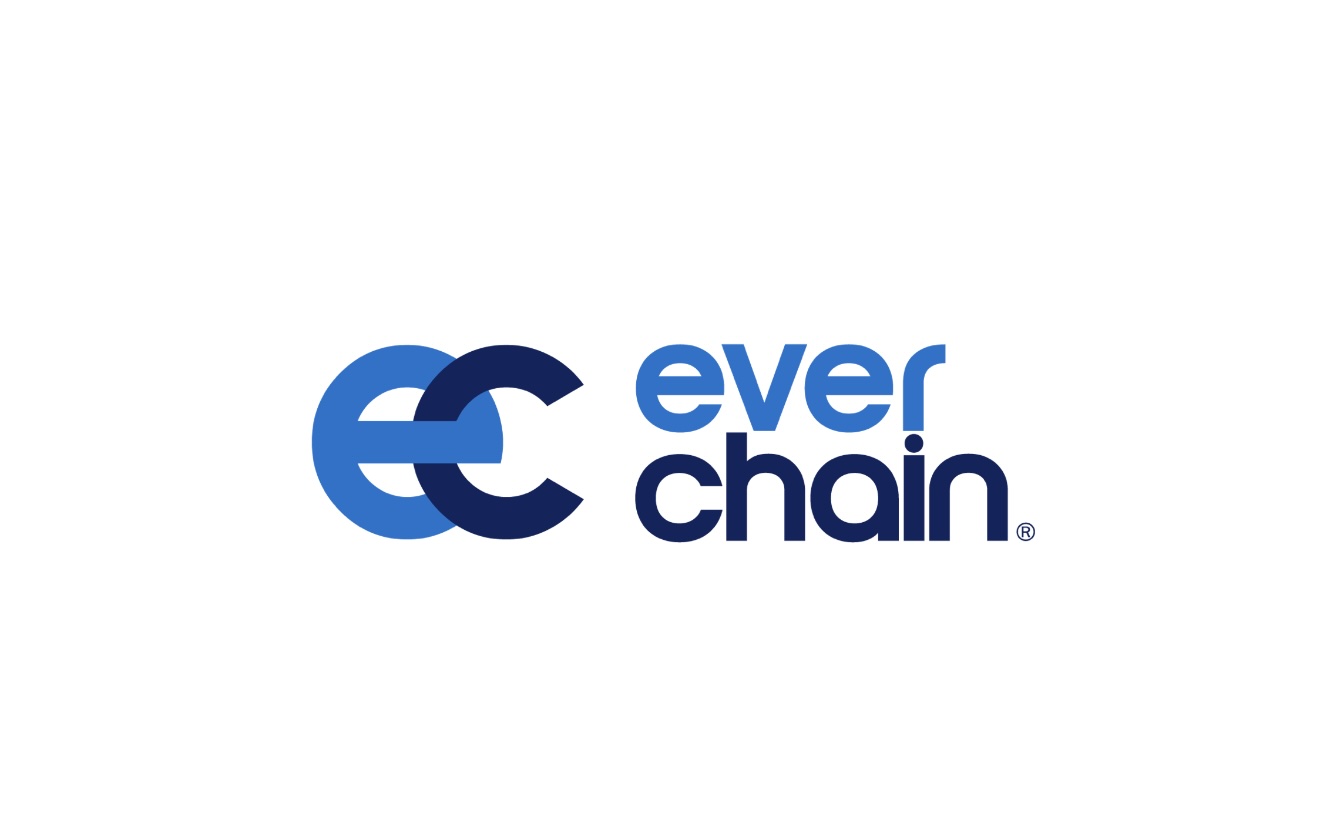On January 8, 2025, the CFPB issued two updated innovation policies: (1) the Policy on No-Action Letters (“NAL Policy”); and (2) the Policy on the Compliance Assistance Sandbox (“Sandbox Policy”). The Sandbox Policy allows the CFPB to provide a compliance safe harbor under TILA, ECOA, or EFTA for products and services. And the NAL Policy provides assurance that the CFPB will not take supervisory or enforcement action against a product or service (it would not affect states or private litigants). Both policies set forth the required application information and procedures. Significantly, both of these policies contain a questionable prohibition against applications from “former CFPB attorneys representing firms as outside counsel.” The CFPB’s apparent reason is that it is “concerned that former CFPB employees will use their relationships to obtain special treatment for specific firms in procuring Approvals, or that there is a risk of the appearance of special treatment by the public or specific firms seeking outside counsel.” Below I will provide some background and thoughts on these policies and this prohibition.
Background
Recall that current CFPB Director Chopra essentially killed these two innovation policies in 2022 by letting their Paperwork Reduction Act authorization expire (this authorization is needed for government use of an application). In the CFPB’s 2022 announcement of that action, it “determined that the Policies do not advance their stated objective of facilitating consumer-beneficial innovation. The CFPB also determined that the existing Policies failed to meet appropriate standards for transparency and stakeholder participation. The CFPB is developing new approaches to facilitate the development of new products and services.”
In its announcement of these two updated policies, the CFPB discussed how the marketplace had viewed its past approvals of a No-Action Letter (“NAL”) and a Sandbox under the previous policies as endorsements by the CFPB. The CFPB noted that the NAL recipient became a leader in the marketplace and went public on the NASDAQ. And the CFPB also stated that the Sandbox recipient suggested in marketing materials that the CFPB had endorsed its product. The CFPB also noted concerns that after its issuance of the NAL, it became aware of potential discrimination in the recipient’s automated underwriting model and ultimately terminated the NAL.
New Policies and the Prohibition Against Former CFPB Attorneys
The CFPB rebooted these two policies with its issuances yesterday. But, significantly, the CFPB provided that the NALs and Sandbox approvals would be subject to new “Conditions to Promote Innovation, Competition, Ethics and Transparency.” These “Conditions” are as follows:
1. Applicants [for approvals] must establish a market problem, in the form of an unmet consumer need, that the new financial product or service solves.
a. Applicants must articulate the benefit to consumers that flows from the CFPB permitting the product or service to be sold at market without compliance with the law at issue.
b. A claim that [the approval] would increase access to the applicant’s product or service is insufficient to establish a market problem. To satisfy this requirement, the applicant must prove that their product or service is meeting an untapped consumer need.
2. The CFPB will not [grant an approval] on a topic for a single firm.
3. The CFPB will reach out to the applicant’s competitors and invite them to apply…on the same topic, to ensure that the CFPB does not select a single firm that gains a first-mover advantage in the market as a result.
4. [Approvals] will state that recipients may not market or promote the fact that their product or service received [an approval]. Such marketing is inherently deceptive to consumers, creating the false impression that the CFPB endorses the product.
5. The CFPB will post applications…to an open docket on the regulations.gov website and will accept comment for 60 days. In so doing, the CFPB will adhere to the confidentiality protections [of the policy].
6. The CFPB will generally not consider applications from former CFPB attorneys representing companies as outside counsel, to avoid ethical conflict and to maintain the highest integrity in the…program.
7. The CFPB will not consider applications from companies that have been the subject of an enforcement action involving violations of Federal consumer financial law in the last 5 years, or who are subject to a pending enforcement investigation by federal or state authorities.
8. [Approvals] will automatically be rescinded when recipients materially change their product or service so that it no longer fits the description provided in the application and described in the Letter, unless a modification is approved….
9. Submitting…applications under false pretenses, or with misleading or incomplete information, may be a violation of law and may be referred for potential prosecution.
Number 6 above is the aforementioned prohibition against submissions under the policies on behalf of applicants by former CFPB attorneys. I will not spend time summarizing other aspects of these policies here, because as I describe below, I think these are likely to be substantially changed for the better by the incoming Trump-appointed director. But I will address this prohibition against former CFPB attorneys below.
The Legality and Effect of the Prohibition
Notably, while the policies state that the CFPB “will generally not consider applications from former CFPB attorneys,” the preambles of both policies state definitively that the agency “will not consider applications from former CFPB attorneys representing firms as outside counsel.” These two statements differ, because the actual policies’ use of the word “generally” leaves open the possibility that the CFPB would do so. But the preamble does indicate that, in actuality, the CFPB intends this as an outright ban. The legality, including the constitutionality, of this prohibition is questionable. This does not appear to be an effort at creating good policy, but instead restricting the public’s choice of counsel. There are potential arguments that this restriction violates due process or equal protection rights under the Constitution. The public should have the right to use the counsel of their choice, even in civil or administrative matters. The refusal to consider an application because of the applicant’s choice of counsel could be argued to be unconstitutional.
In addition, the CFPB’s reasoning for this prohibition is suspect. The CFPB reasons that there is a risk that former CFPB employees will use their relationships to obtain special treatment, or that there is a mere risk of appearance of special treatment. But there are already existing ethics rules that apply to former CFPB employees, barring them from appearing before the CFPB for certain periods of time. Why would those ethics rules be sufficient in all matters other than NALs and Sandboxes? What was the CFPB’s analysis of this issue? The CFPB’s preamble does not discuss any actual situations that have arisen that support the agency’s concern, unlike the actual situations it raised when past approvals were apparently viewed as endorsements. This policy may not withstand judicial review under the APA if challenged. And there could be other legal arguments as well (I’ve only a spent a little time on this).
But, in any event, it may be easy to get around this prohibition. A company could simply ask a different member of the former CFPB attorney’s law firm to submit the application, all while still benefiting from that attorney’s counsel (solo attorneys may be out of luck). Would the CFPB ban entire law firms from submitting applications just because they have a former CFPB attorney as a member? The CFPB does not address this in the policies or their preambles, but I highly doubt that the CFPB would go that far.
In addition, the legality of this prohibition may be moot anyway, because the incoming Trump-appointed director of the CFPB, whoever it may be, will most likely rescind this aspect of the policies. In addition, the new director will likely revisit these policies, as well as the Trial Disclosure Policy (which is still active – I have written about recent Trial Disclosure program here), and make substantial amendments to ensure their usefulness to the public. For this reason, I think the only thing this prohibition will actually do is damage the reputation of the current leadership of the CFPB (this may be the first Federal Register notice that the staff attorneys at the CFPB are happy about not having their names on).
Conclusion
In sum, while it is interesting that the CFPB has rebooted its NAL and Sandbox policies, it will likely be moot because of the impending change in leadership of the CFPB. In addition, the CFPB’s prohibition against former CFPB attorneys filing on behalf of applicants under the policies only serves to damage the reputation of the CFPB’s current leadership. And it could result in a legal challenge before the incoming director has time to amend the policies.
I hope that the incoming director takes a more holistic look at the CFPB’s innovation policies. Strong NAL, Sandbox, Trial Disclosure, and Advisory Opinion policies can help the industry innovate, promote competition, and ultimately help consumers. Such policies can also foster efficiency in the marketplace when they address areas of regulatory uncertainty for the public.
The NAL and Sandbox Policies are due to be published in the Federal Register tomorrow. You can access them here and here.
If you would like to discuss any of the issues in this blog post, please email me at rich@garrishorn.com.





